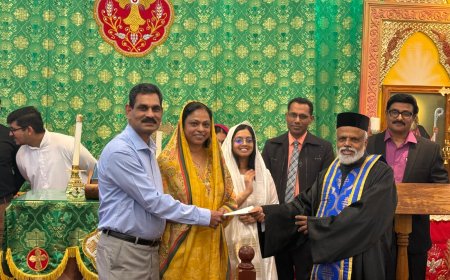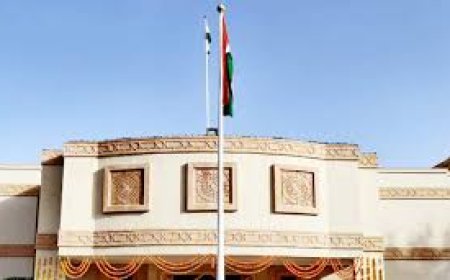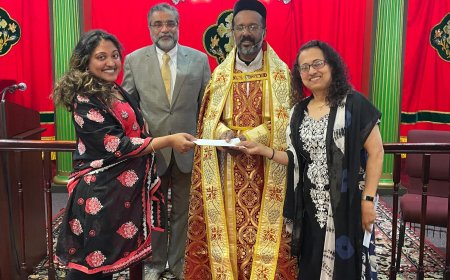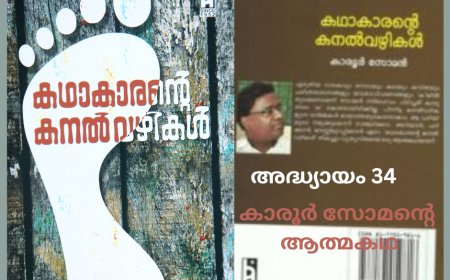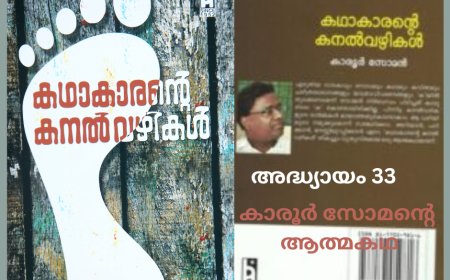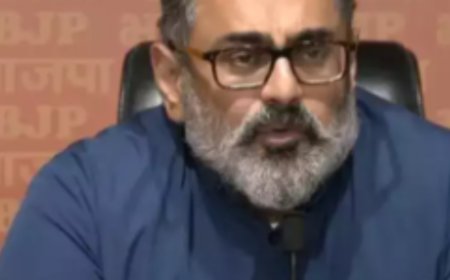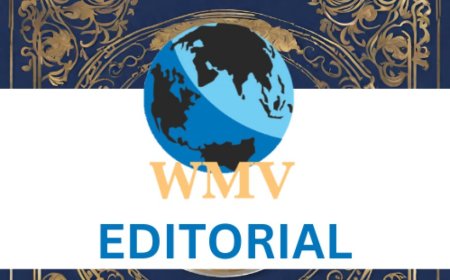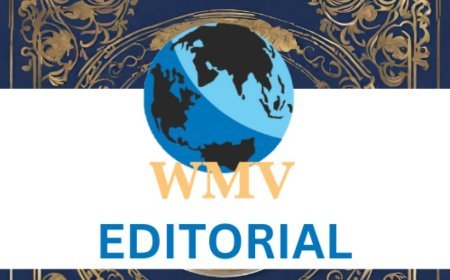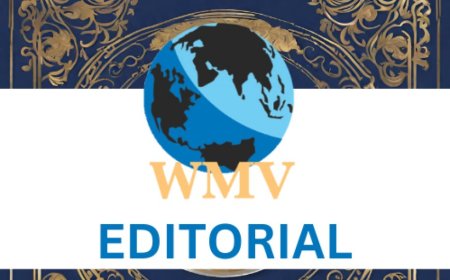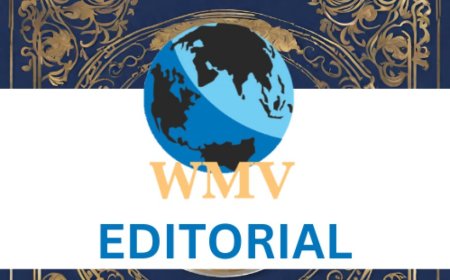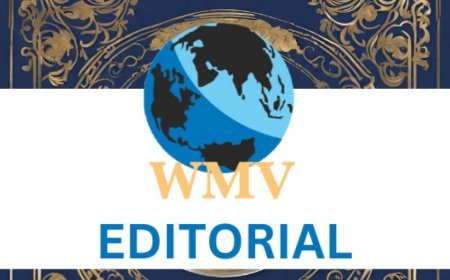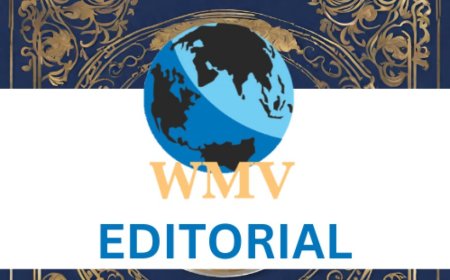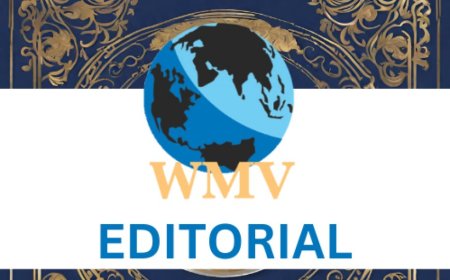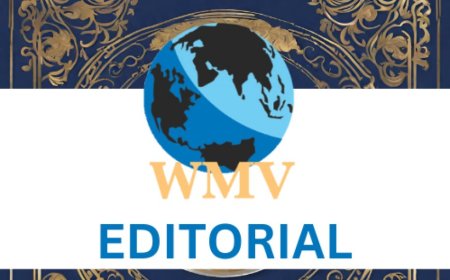‘No need for western laws' in Afghanistan: Taliban leader
Taliban leader Hibatullah Akhundzada declared that Western laws are unnecessary in Afghanistan, asserting that democracy is dead under sharia law.

TALIBAN leader, Hibatullah Akhundzada, recently said there was no need for Western laws in Afghanistan and that democracy was dead as long as sharia laws are in effect.
“There is no need for laws that originate from the West. We will create our own laws,” Akhundzada said, speaking in Pashto, while emphasising the importance of Islamic laws, reported AP.
Hibatullah Akhundzada made the comments in a sermon during Eid al-Fitr in the southern city of Kandahar's Eidgah Mosque. The Taliban government's chief spokesman, Zabihullah Mujahid, shared the 50-minute audio message on X.
Taliban rule in Afghanistan
Ever since the Taliban seized control over Afghanistan in 2021, Akhundzada took a stronger hand in directing policy, despite some officials initially promising a more moderate rule.
The Taliban's version of sharia has resulted in bans on Afghan women and girls, restricting their access to education, many jobs, and most public spaces. These measures have isolated the Taliban internationally, despite their diplomatic connections with countries like China and the United Arab Emirates, recent reports show.
‘US united in hostility towards Islam’
Akhundzada on Sunday criticized the West, saying non-believers had united against Muslims and that the US and others were united in their hostility toward Islam, citing the Israel-Hamas war in Gaza, reported AP.
Democracy had come to an end in Afghanistan and sharia was in effect, the Taliban leader added, stating that supporters of democracy were trying to separate the people from the Taliban government.
The Taliban has no credible opposition inside or outside the country, but some senior figures within the administration have criticised the leadership's decision-making process and concentration of power in Akhundzada's circle.
Some Taliban want greater engagement with the international community and scrapping harsher policies to attract more outside support. In recent months, however, there has been increased engagement between the Taliban and the U.S. under President Donald Trump, mostly because of prisoner exchanges and releases, reported AP.
Taliban's Islamic rule
Following a brutal civil war, the Taliban established strict Islamic rule but were ousted by a US-led invasion in 2001. They quickly regained power, seizing nearly all of Afghanistan following the US withdrawal in 2021.
While the war officially ended with their takeover, the Taliban now faces ongoing attacks from the Islamic State and an anti-Taliban insurgency in certain regions.

















